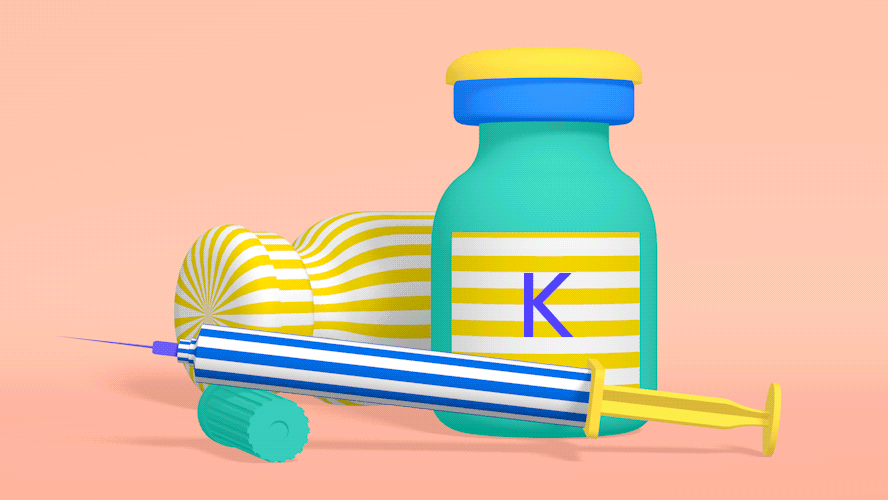How ketamine, psilocybin, LSD, and MDMA are treating mental illness
For many, antidepressants are a way of life — both essential to normal human functioning and still not quite good enough. But, a new wave of research suggests that psychedelic drugs, unlike traditional antidepressants, may be able to provide long-lasting relief quickly for those dealing with some of our most common mental illnesses.
For patients looking at a lifetime's worth of selective serotonin reuptake inhibitors (or SSRIs) and the side effects that come with them, a one-and-done session with LSD may seem pretty appealing. But, without doctors able to prescribe these substances, people are turning to illegal means to self-medicate, creating a possibly unsafe situation for the already mentally ill.
According to the most recent available statistics, around one in 10 Americans over the age of 12 takes an antidepressant — most for over two years. Some of the mostcommonly-prescribed drugs are SSRIs such as Zoloft and Prozac. Dennis McKenna, PhD, explains that SSRIs work by blocking the serotonin transporter, keeping the serotonin that’s released in the synapse. Serotonin is involved in a myriad of biological processes, so interfering with its signaling can, understandably, cause a lot of side effects — from short-term nausea or dizziness to long-term weight gain, agitation, insomnia, and reduced sexual drive.
Now, several teams of researchers are exploring alternatives. Some might say the resurgence of research into the therapeutic potentials of controlled substances started with MDMA, which works on the same serotonin transporter that SSRIs target. But, instead of blocking the reuptake of serotonin, it holds the door wide open, causing a flood of serotonin into the synapse, explains Dr. McKenna. Now, there are large-scale investigations into MDMA’s potential for treating post-traumatic stress disorder (PTSD). These studies have found that therapy sessions — with the assistance of MDMA — can be the perfect catalyst to work through the paranoia and anxiety characteristic of PTSD.
Of all the controlled substances that could help treat anxiety and depression, the one that's farthest along is ketamine. A recent slew of research suggests that ketamine infusions can act as a quick intervention — reducing depression symptoms often within hours — especially inchronically depressed patients who haven't responded to traditional medication.
Click here to read the full article.
Keep up-to-date with drug policy developments by subscribing to the IDPC Monthly Alert.
